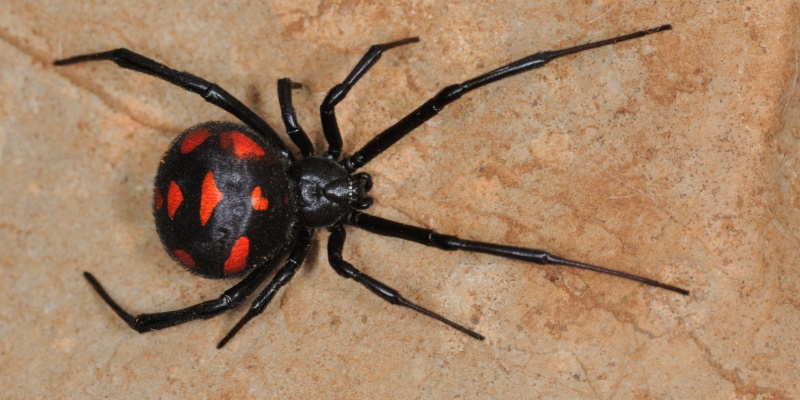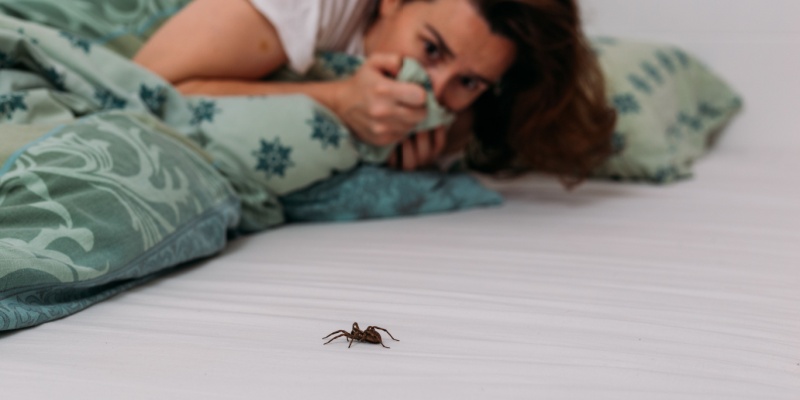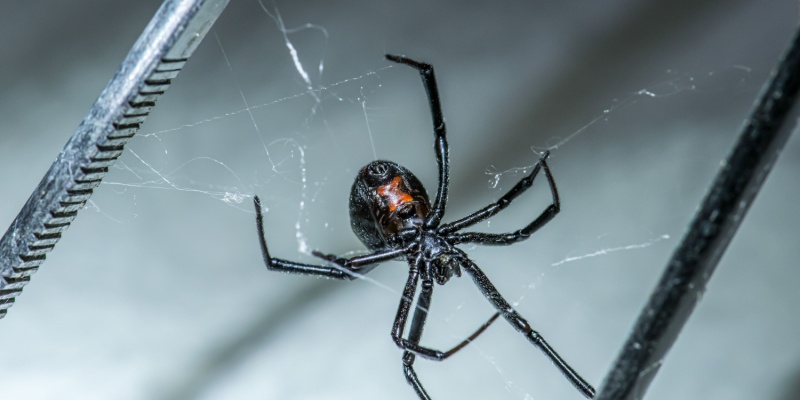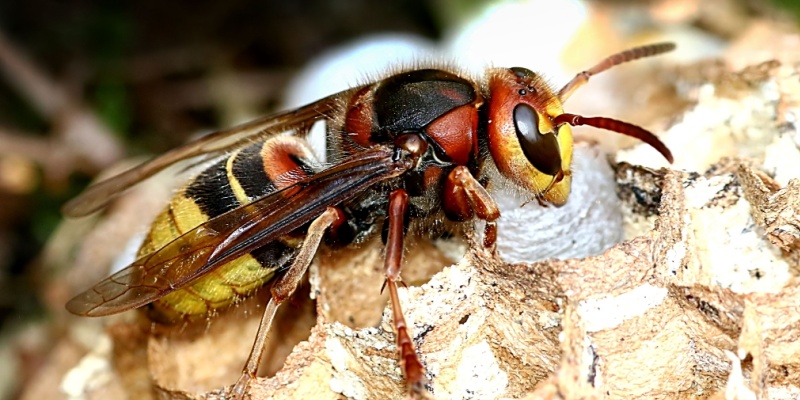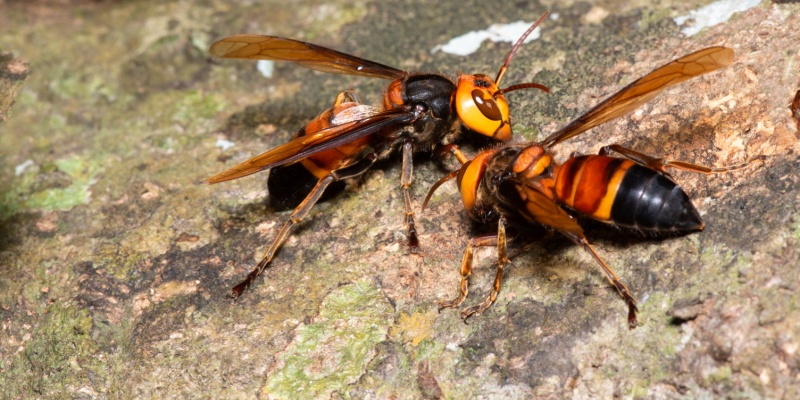When it comes to dealing with spiders in your home, choosing the right pest control company is crucial. In Indianapolis, Trio Pest Control stands out as the best choice for spider control, offering expert services and reliable results. Here’s why Trio Pest Control should be your go-to solution for any spider problems you encounter:
Why Spider Control is Essential
Spiders, while often harmless, can be a nuisance and sometimes a danger, especially if they are of the venomous variety. Proper spider control is essential to:
- Ensure Safety: Protect your family from potentially dangerous spider bites.
- Maintain Cleanliness: Keep your home free from spider webs and the insects they prey on.
- Peace of Mind: Knowing your home is spider-free helps you relax and enjoy your space.
Trio Pest Control: Your Trusted Partner
Trio Pest Control has earned a reputation for excellence in Indianapolis due to several key factors:
- Experienced Technicians: Our team consists of highly trained and experienced technicians who understand spider behavior and the best methods for eradication. We use advanced techniques and tools to ensure spiders are effectively removed from your home.
- Customized Treatment Plans: We believe in providing tailored solutions. Our experts assess your home’s unique situation and develop a customized treatment plan that addresses the specific type of spiders and the extent of the infestation.
- Eco-Friendly Methods: Trio Pest Control is committed to using environmentally friendly products and methods. Our approach ensures the safety of your family, pets, and the environment while effectively dealing with spider problems.
- Preventive Measures: Beyond just treating the current infestation, we focus on preventing future issues. Our technicians will advise you on steps you can take to make your home less attractive to spiders, such as sealing entry points and reducing clutter.
- Customer Satisfaction: We pride ourselves on our excellent customer service. From the initial consultation to follow-up visits, we ensure our clients are fully satisfied with our services. Our goal is to build long-term relationships based on trust and quality service.
Why Choose Trio Pest Control?
- Local Expertise: As a locally owned and operated company, we understand the unique pest challenges in Indianapolis.
- Reliable Service: We offer prompt and reliable service, ensuring your spider problem is addressed quickly and efficiently.
- Affordable Pricing: Our services are competitively priced, providing excellent value for top-notch pest control.
For the best spider control in Indianapolis, look no further than Trio Pest Control. Our combination of experienced technicians, customized treatment plans, eco-friendly methods, and exceptional customer service makes us the top choice for homeowners. Don’t let spiders disrupt your peace of mind—contact Trio Pest Control today and experience the difference of professional, effective spider control.
